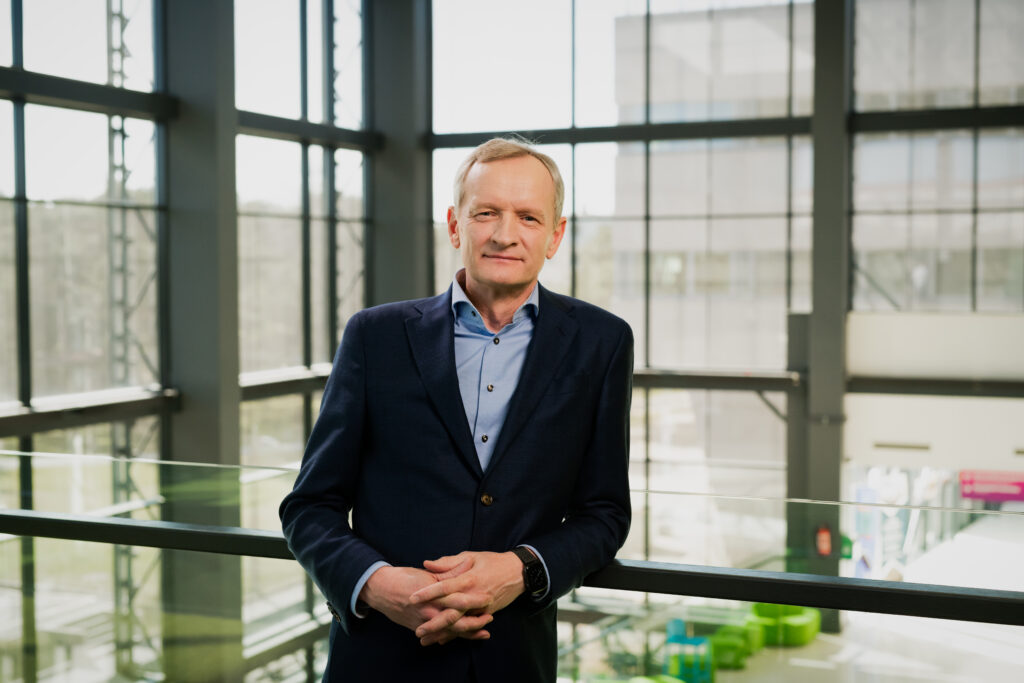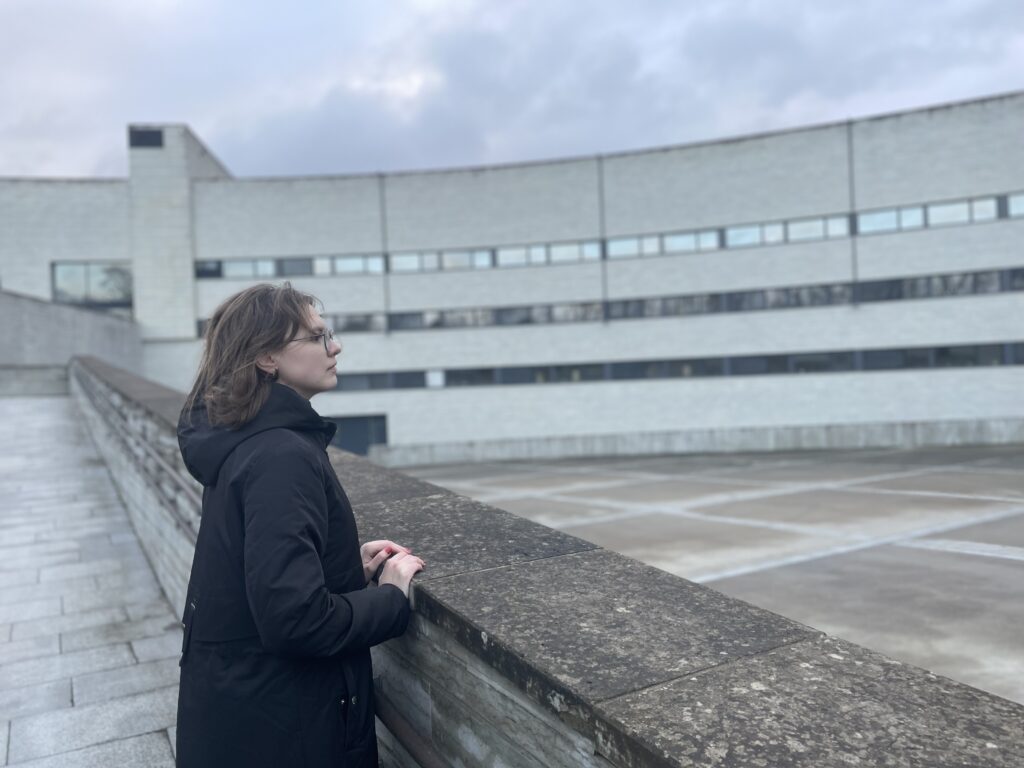Universities Estonia, a body bringing together the rectors of Estonia’s universities, wants the Russian citizens currently studying at higher education institutions in Estonia to be able to complete their studies in Estonia and then either continue their studies at the next level of education or stay in the country to enter employment.
According to Universities Estonia, 342 students with Russian citizenship are studying at Estonian universities at this point, 178 of whom are due to graduate this spring. The students started their studies in Estonia before Russia’s invasion of Ukraine in 2022. Like other foreign students, many of them wish to continue their studies in Estonian higher education institutions at the next level of study.
“If they were to return home, they would probably be repressed, and this could mean, among other things, that young men who have studied in Estonia and helped Ukrainians here would be directly enrolled into military service and sent to fight in Ukraine,” Tiit Land, a member of the board of Universities Estonia and the chancellor of Tallinn University of Technology, says in an appeal to Estonian education minister Kristina Kallas, interior minister Lauri Läänemets and foreign minister Margus Tsahkna.

The Estonian universities’ appeal concerns the students who started their studies in Estonia before Russia’s invasion of Ukraine in 2022 – as the universities decided not to accept the Russian and Belarussian citizens into their bachelor’s and master’s programmes after the start of the Russian aggression.
Universities Estonia pointed out that, according to the government’s regulation of 8 April 2022, people with Russian citizenship who have obtained higher education in Estonia cannot continue their studies here at the next level of education or enter the Estonian labour market, unless they have another basis for stay in Estonia than a residence permit for study. The strict regulation was imposed in the wake of Russia’s invasion of Ukraine.
Universities Estonia believes those students who have studied or are studying in Estonia should be given the opportunity to finish their studies in Estonia and stay on to study or work here.

The organisation also asks the ministers to consider the possibility of supplementing the regulation with an exception for persons working in Estonia for the purpose of scientific activity or as academic employees, and to enable the extension of visas or the issuance of residence permits to those persons who have so far worked in universities based on a visa and registration of short-term employment.
Read also: Russians Maria and Ivan, denied the Estonian residence permit: “Wish I could just fly to Mars”

